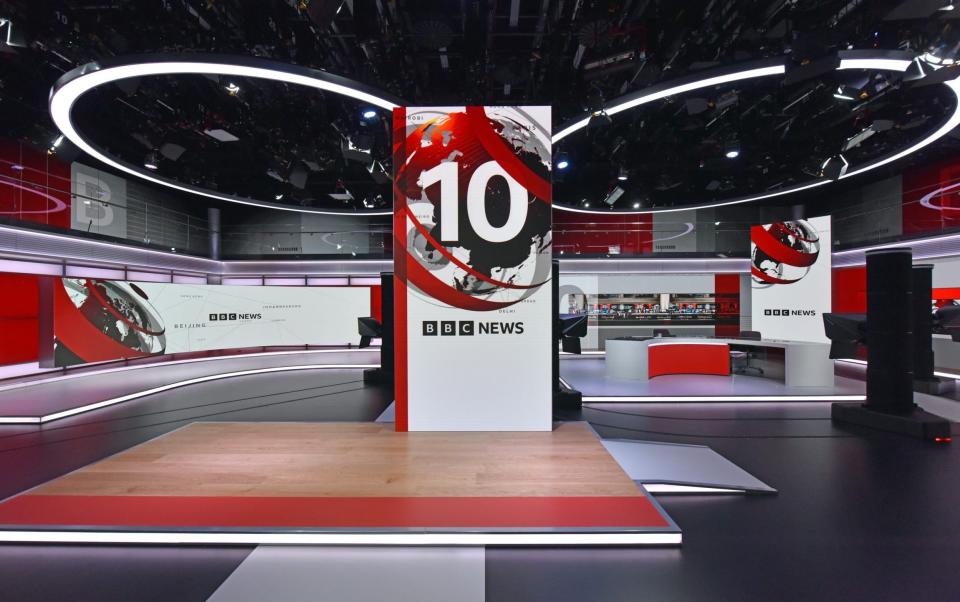BBC to launch TikTok-style news videos to capture younger viewers

BBC is to launch TikTok-style short-form news videos in an effort to win young audiences.
In its annual plan published on Thursday, the corporation said it will develop more “short, easy-to-consume updates” as well as longer-form in-depth journalism.
The video and audio clips will be distributed across the BBC’s news app and website as well as its iPlayer and Sounds streaming services.
The push into short-form content, which mirrors the format of viral social media app TikTok, comes as the BBC tries to stem an exodus of young audiences to streaming rivals.
The public service broadcaster already offers brief news updates aimed at younger listeners on its Sounds app, such as All the Latest Things, a three-minute update from Radio 1 presenter Greg James.
BBC News has also built up a following of 3.2m on TikTok itself, where it publishes clips from traditional news bulletins.
However, the plans suggest bosses want to create more tailor-made programming for a generation of viewers accustomed to bite-size content.
The BBC said it was aiming to deliver a “compelling news offer for streaming audiences” by expanding beyond its traditional model of written stories.
Bosses said they did not believe the changes would require regulatory approval by Ofcom.
The BBC is scrambling to find ways to appeal to younger audiences amid tough competition from streaming services such as Netflix and questions over the future of the licence fee funding model.
Teenagers are now more likely to get their news from Instagram and TikTok than BBC bulletins, according to research from Ofcom. Traditional TV viewing more broadly suffered its sharpest ever annual decline last year.
Other initiatives include expanding the BBC’s presence across well-known gaming platforms through flagship shows and presenters.
The corporation is also aiming to unite its various apps and websites into one online service in an effort to gather more data from consumers and improve personalisation.
Tim Davie, the BBC director general, this week sounded the alarm over the risk to “British storytelling” from foreign-owned social media platforms, warning that algorithms would become the “taste-makers of the future”.
In addition to short-form content, the BBC said it will focus more on online breaking news and verification services as part of its renewed focus on digital.
The broadcaster is also experimenting with artificial intelligence to help write headlines, translate news articles into multiple languages and convert sports commentary into text for use in live blogs.
Mr Davie said: “This is going to be a significant year for the BBC. Our content offer is packed with major sporting and music events, exciting new dramas and unrivalled coverage of elections across the world.
“It will also be a year of embracing reform and innovation as we deliver value for all, focused on pursuing truth with no agenda, backing the best of British storytelling, and bringing people together.”

 Yahoo Finance
Yahoo Finance 